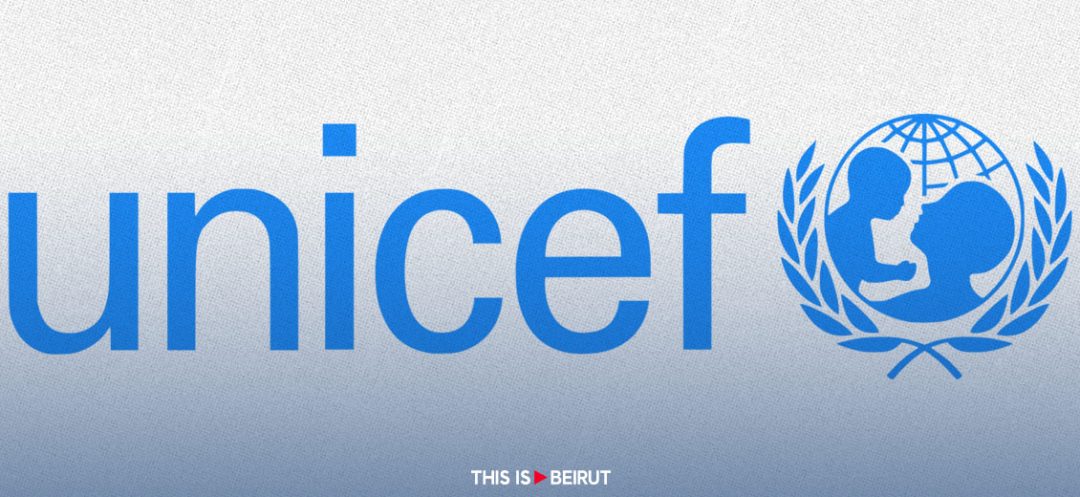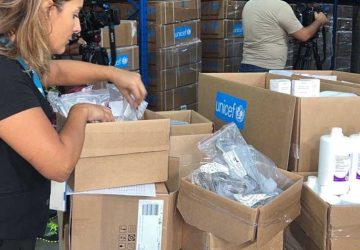A UNICEF rapid assessment, conducted in November 2023, reveals further deterioration in almost every aspect of children’s lives in Lebanon, as the four-year-long crisis shows no sign of abating. The assessment explains that “the persistent and compounding crises” plaguing the country are “exacting a steadily devastating toll on children nationwide, increasingly stripping them of their education and forcing many into child labor.”
“Desperate parents, grappling with ever-dwindling resources, are forced into a heart-wrenching struggle to keep their families afloat amidst the unrelenting challenges.”
The assessment reveals that “more than a quarter of households (26 percent) said they had school-aged children not attending school, up from 18 percent when a similar assessment was conducted in April 2023”.
Since the beginning of the confrontations between Hezbollah and Israel in October, “the situation became even worse, and several dozen schools in the southern part of Lebanon have been closed due to the intensification of hostilities, affecting more than 6,000 students.”
The report said that in the conflict zones, attendance is minimal at schools that are still open and thousands of children who have been displaced remain out of education.
“This terrible crisis is relentlessly gnawing away at childhood. Its severity is crushing children’s dreams, and taking away their learning, their happiness, and their future,” said Edouard Beigbeder, UNICEF Representative in Lebanon.
Emotional Burden
The assessment tackled the emotional burden that children have experienced: “The deprivations and uncertainty are leaving children hungry, anxious or depressed. The emotional burden is particularly alarming among children exposed to the recent military escalation on the country’s southern borders, and among Palestinian refugees – many of whom have relatives in Gaza.”
Beigbeder stressed that “the daily suffering of children must stop. We must redouble our efforts to make sure every child in Lebanon is in school and learning, is protected from physical and mental harm, and has the opportunity to thrive and contribute to society.”
In Numbers
According to the UNICEF report, skyrocketing prices and widespread poverty are still forcing families to resort to desperate measures just to eat one meal per day and to provide basic shelter. The survey indicates that the number of families sending children (under age 18) out to work to supplement the household income, rose to 16 percent, from 11 percent in April.
• More than 8 in 10 households (84 percent) had to borrow money or buy on credit to purchase essential grocery items, a 16-percentage point increase over six months.
• Almost a quarter of respondents (24 percent) said they had to stop their children’s education, up from 15 percent.
• More than 8 in 10 (81 percent) reduced spending on health treatment, up from 75 percent.
The report underlined the vulnerabilities in southern Lebanon which have been exacerbated by the hostilities, leading to the internal displacement of almost 60,000 people, 37% of whom are children as of 07 December 2023. Almost 4 in 10 households (38 percent) say their children are anxious, and 24 percent say their children are depressed.
The survey also shows that 34 percent of children in Lebanon believe their lives will be worse one year from now, as compared with 27 percent in April.





